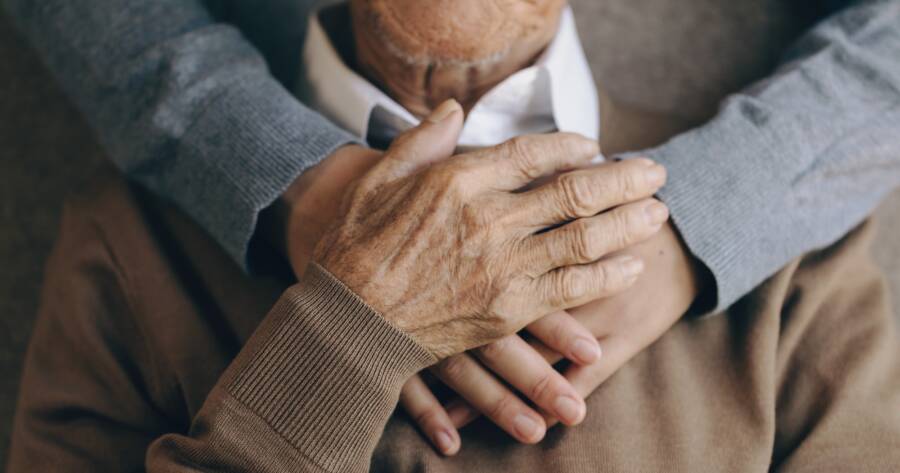As people age, they may face unique safety challenges within their residences. Slip and falls are of particular concern for many people. These tips can help seniors stay safe and independent in their homes and communities.
Seniors Are More At Risk
Seniors are indeed more at risk at home due to several factors. As people age, they often prefer to stay in their own homes, a concept known as “aging in place.” However, this comes with concerns about safety and the ability to perform daily activities independently.
According to the Centers for Disease Control and Prevention (CDC), falls are the leading cause of injuries among adults aged 65 and older.1 Falls can lead to serious health consequences, including fractures and other severe injuries, impacting the quality of life and increasing healthcare costs. Other risks include burns, poisonings, and cuts.
Home safety is another concern. Older adults may face various home hazards, including poor lighting, loose stair railings, and other safety issues that could lead to accidents.
Safety Tips For Seniors
Home safety concerns can be addressed by ensuring that homes are well-lit, have grab bars in the bathroom, and are equipped with smoke and carbon monoxide detectors. Seniors should also keep their homes clean and free of clutter to reduce the risk of falls and other accidents from tripping.2
Other safety tips include:
- Medication management: Seniors should take their medications as prescribed and be aware of potential side effects. They should also keep a list of all their medications, including dosages and instructions, and share this information with their doctor and pharmacist. Writing down when they take medications can be beneficial for tracking and preventing accidental overdosing.
- Healthy lifestyle choices: Seniors should eat a healthy diet, get regular exercise, and get enough sleep. They should also avoid smoking and excessive alcohol consumption.
- Social engagement: Seniors should stay socially engaged by spending time with friends and family, participating in community activities, and volunteering. Social engagement can help reduce the risk of depression, anxiety, and other mental health problems, which seniors are at risk for. Mental health issues may be linked to serious health conditions such as dementia, heart disease, and depression.
- Financial security: Seniors should take steps to protect their financial security, such as creating a budget, saving for retirement, and being aware of potential scams.
- Emergency contacts: Seniors should keep emergency numbers easily accessible and consider wearing an alarm device for quick assistance in case of a fall.
Learn More About Senior Safety
There are many resources available to help seniors and their families learn more about how to stay safe at home. These resources include:
- The National Institute on Aging (NIA) website provides a wealth of information on senior safety, including tips on fall prevention, home safety, and medication management.
- The CDC also has a website dedicated to senior safety, which includes information on fall prevention, home safety, and other safety-related topics.
- Many local agencies and organizations offer senior safety programs and services. These programs can provide seniors with information, resources, and support to help them stay safe and healthy.
Senior safety is an important topic that affects millions of older adults and their families. By following these tips, older adults can help reduce their risk of injuries, illnesses, and other safety-related concerns, allowing them to live safely and independently for as long as possible.
